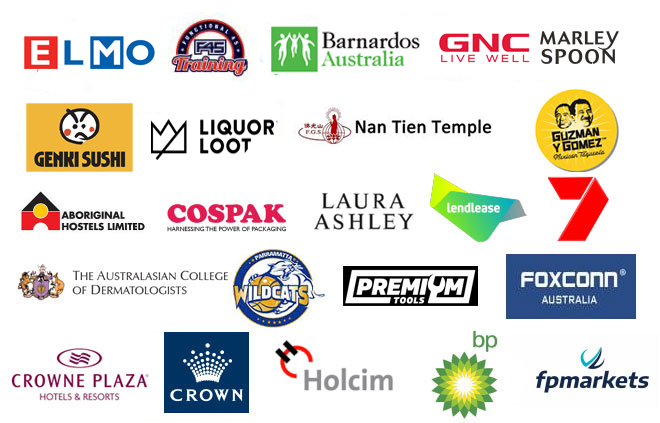Understanding Legal and Ethical CCTV Usage in Early Learning Environments
Childcare centres across Australia are increasingly adopting CCTV systems to improve safety, accountability, and transparency. But installing surveillance in environments with children carries a serious legal and ethical responsibility.
As a childcare provider, you must ensure your setup complies with state surveillance legislation, privacy laws, and sector-specific standards like those from ACECQA and your local council.
This guide outlines key legal considerations so you can remain compliant while building a safe and respectful space.
Is CCTV Legal in Childcare Centres?
Yes — surveillance cameras are legal in Australian childcare centres, provided they’re used transparently, ethically, and within legal limits.
Permitted uses include:
- Installing cameras in common areas (e.g., entrances, playrooms, admin spaces)
- Recording for safety, training, or incident review
- Storing footage for a reasonable time (usually 14–30 days)
Not permitted:
- Camera placement in bathrooms, change areas, or nap rooms
- Audio recording without consent (varies by state)
- Using footage for undisclosed or covert purposes
Key Legislation to Follow (by State)
Each state and territory has unique laws regulating surveillance. Here’s an overview:
| State/Territory | Relevant Law | Key Notes |
|---|---|---|
| NSW | Surveillance Devices Act 2007 | Prohibits covert surveillance without consent |
| VIC | Surveillance Devices Act 1999 | Similar to NSW; audio recording needs consent |
| QLD | Invasion of Privacy Act 1971 | Visual OK; listening devices restricted |
| SA | Surveillance Devices Act 2016 | Must inform subjects being recorded |
| WA | Surveillance Devices Act 1998 | Audio and visual monitoring is heavily regulated |
| TAS | Listening Devices Act 1991 | Visual allowed, but audio restricted |
To comply, centres must:
- Display CCTV signage at all entry points
- Notify staff and parents in writing
- Avoid filming sensitive areas (e.g. toilets, sleep rooms)
Guidelines from ACECQA and Local Councils
While there is no single national law, both ACECQA and local councils recommend surveillance systems must:
- Respect children’s dignity and privacy
- Support a safe learning environment
- Be implemented with informed consent
- Not replace active supervision by staff
Councils such as City of Sydney and Moreland VIC may request a camera map during inspections — we provide this after every install.
Parental Notification and Consent
Although not all states require signed consent, it’s best practice to:
- Inform parents about CCTV during enrolment
- Include CCTV use in your parent handbook or centre agreement
- Share an FAQ outlining footage use, access, and storage
Sample parent notice:
“To support safety, Serious Learning Centre has installed CCTV cameras in common areas. These are not placed in bathrooms or sleep rooms. Footage is securely stored and accessible only to the Centre Director for legitimate safety concerns.”
Data Storage and Access Control
CCTV footage is considered sensitive information under Australian privacy law. Centres must:
- Restrict footage access to authorised personnel only
- Store footage securely and encrypt where possible
- Delete footage after the retention period unless required for legal use
Our systems include:
- Password-protected admin access
- Auto-deletion after 14–30 days
- Secure backup options (for legal retention)
Stay Ahead of Your Obligations
Compliance is more than a checkbox—it’s about creating a safe, transparent, and trusted environment.
By partnering with our licensed team, you’ll get expert installation and peace of mind that your system aligns with legal and sector standards.
Need help designing a compliance-ready solution? Book a free consultation today and we’ll guide you every step of the way.
Disclaimer: The content provided on this page is for general research and informational purposes only. While Serious Security aims to present up-to-date and accurate information, this content does not constitute legal, compliance, or professional advice. Childcare regulations, privacy laws, and security requirements may differ across states and change over time. We encourage all childcare operators to conduct their own due diligence and seek independent legal or regulatory guidance before acting on the information provided. Serious Security accepts no responsibility for any loss or issue arising from reliance on this content.


